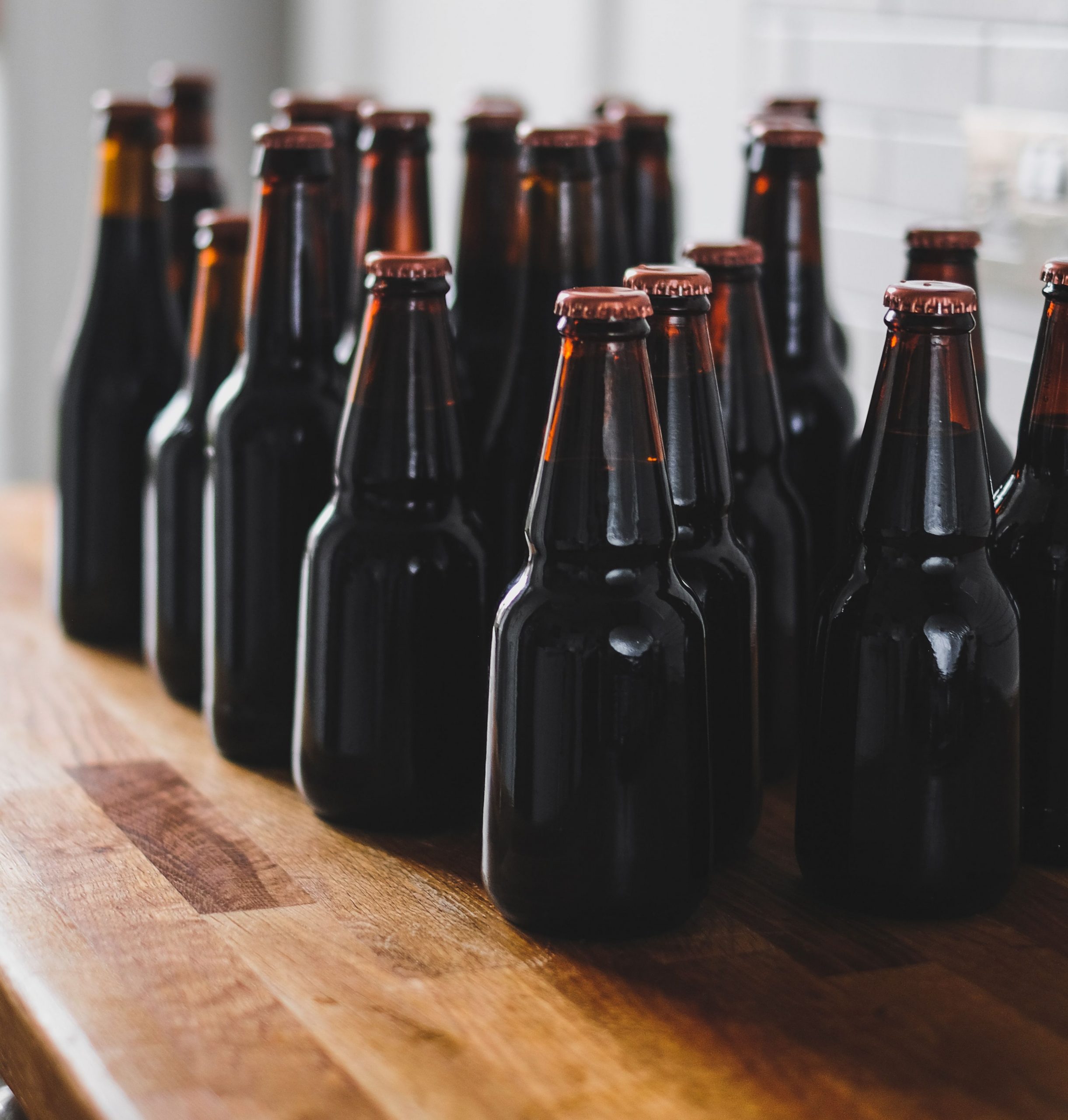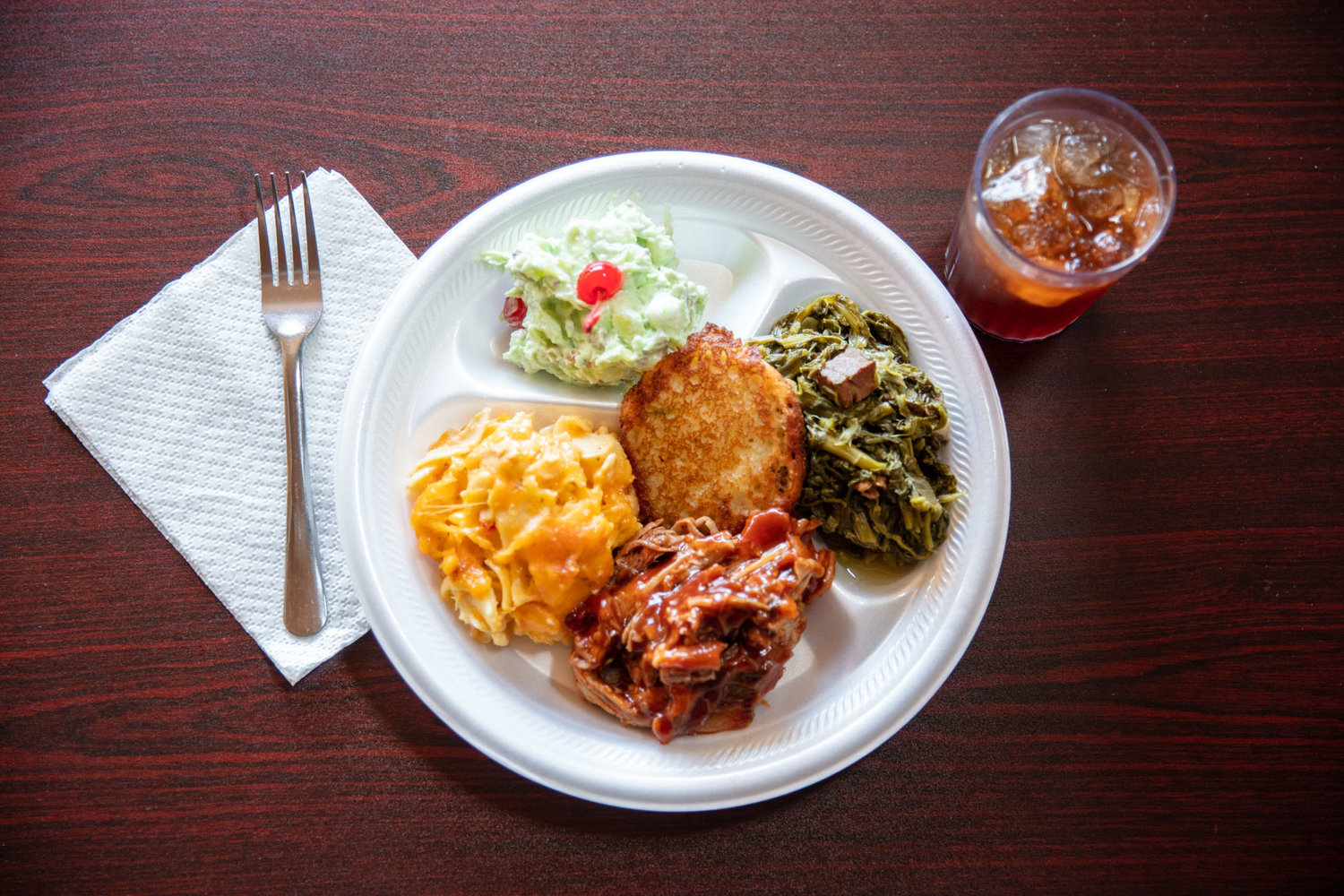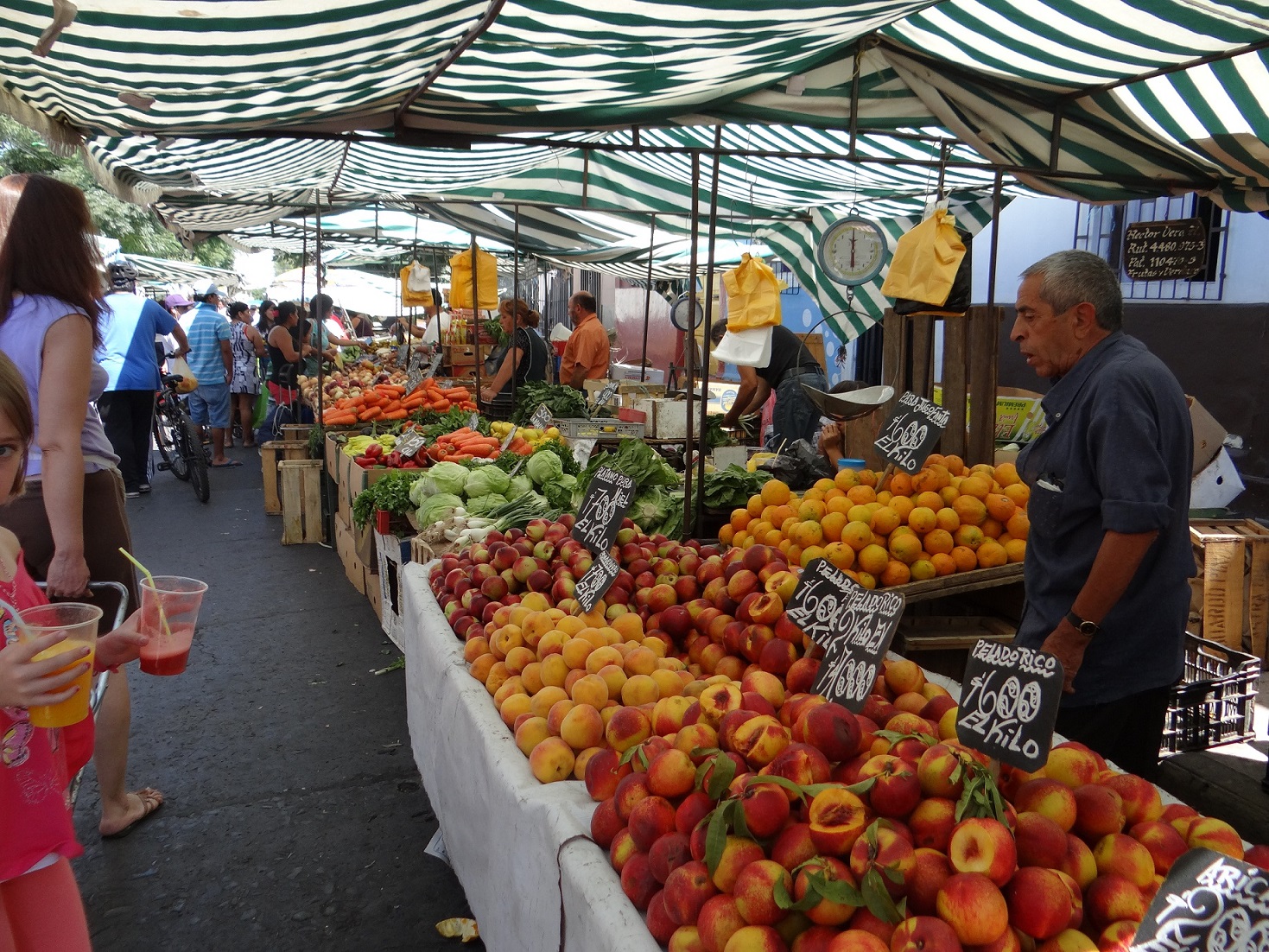When the COVID-19 pandemic caused bars, pubs, clubs and restaurants to close throughout the world, beer sales came to a halt. Millions of litres of ales and lager could not be sold during this time and were at risk of expiring.
However, instead of letting this inventory go to waste, breweries in South Australia seized the opportunity to turn the unsold product into renewable energy—powering a water treatment plant in the process.
The Glenelg Wastewater Treatment Plant, located west of Adelaide, is using the beer to ultimately generate electricity. In this process, organic industrial waste—beer, in this case—is placed in the site’s “digester” tanks. Here, it is mixed with sewage waste to create biogas. The biogas is then used to generate electricity to power itself.
According to Hydrogen Fuel News, this process—which normally just uses organic industrial waste—usually produces enough biogas to meet 80 percent of the plant’s needs. However, the addition of the beer resulted in a total of 654 megawatt hours of power in just one month—allowing the plant to become completely self-reliant.
“By adding around 150,000 litres of expired beer per week, we generated a record 355,200 cubic meters of biogas in May and another 320,000 cubic metres in June, which is enough to power 1,200 houses,” explained Lisa Hannant, SA Water senior manager of production and treatment.
She further explained to ABC News Australia that the expired beer offers properties that are a welcome addition to the water treatment plant.
“The beer is a really great waste to add into our digester because it has such a high energy value to it,” Hannant said. “That just means we get a greater production of the gas which we can feed to the engine and it creates much more electricity for us to use.”
Instead of harming the environment as discharged products, the unsold ales and lagers have generated positive value for the company and its customers.
“That waste would normally have a greater impact to the environment,” she explained. “It’s a win for SA Water because and our customers because we can reduce our costs by generating our own electricity, and it’s a win for industry because it reduces their disposal and treatment costs.”
Once the pandemic has ended, SA Water hopes to be able to sustain this energy production. While the beer SA Water has received comes from larger businesses in South Australia, smaller breweries and home brewers are also encouraged to get in touch with the plant’s trade waste unit to dispose of their waste.
“We’re always looking for additional trade waste customers to bring in high-strength organic waste,” she said. “It’s a matter of working with the industry so we can try and get as much high-organic waste as we can into the plant, but also help them out.”




